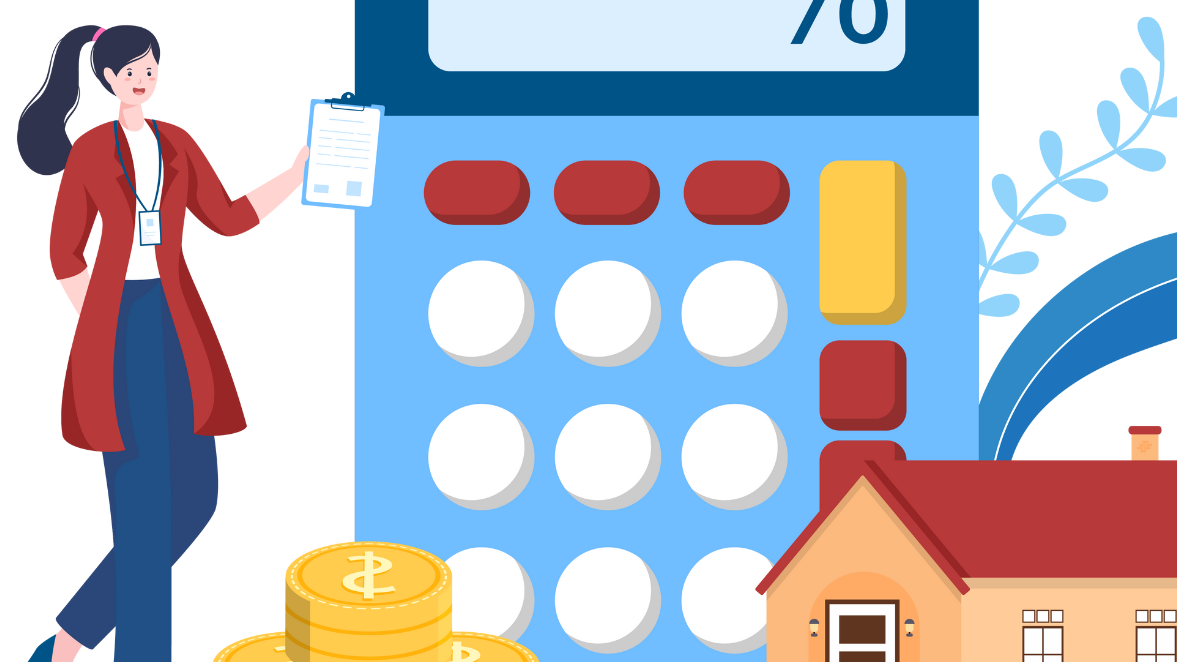Consumer Guide: Mortgages and Financing

What is a mortgage, and how do I get one?
A mortgage is a loan offered by a bank or lender that lets you borrow money to purchase a home and repay over time with interest. Mortgages can take many forms, but one of the most popular options is a 30-year fixed rate mortgage. Many factors can affect the mortgage options available to you, including your down payment, personal finances (e.g., credit score, income, existing debt, employment history), and other factors like government policies, current interest rates, and what lender you are working with. Certain buyers, like first-time homebuyers and veterans, might be eligible for special financial assistance programs.
What types of loans are there?
Factors like where you are searching for a home and how long you plan to stay in your new home will help determine which loan type best suits you. Some options include:
- Fixed-rate mortgage: Sets an interest rate and monthly payment for the life of the loan, which is typically 15 or 30 years.
- Adjustable-rate mortgage (ARM): ARMs may offer interest rates that are lower than you could get with a fixed-rate mortgage for a chunk of the life of the loan, such as five or 10 years. However, after that point your interest rates are subject to change approximately once per year based on market conditions.
What is a down payment, and how much will it be?
Some lenders require buyers to pay a percentage of the home’s purchase price up front, which is known as a “down payment.” Your down payment can vary substantially depending on your mortgage agreement. Typically, if you pay more money up front, your monthly mortgage payment will be lower. Many local governments and non-profit organizations offer down payment assistance grants and loans if you meet certain requirements. Ask your agent or reach out to your local REALTOR® association for recommendations and guidance on what’s available.
What is the difference between conventional and federal home loans?
Conventional loans are financed by private lenders, such as banks, credit unions, and mortgage companies. They require stronger credit and higher down payments but may offer better rates. Federal loans are government- backed, meaning lenders carry less risk and can pass savings onto eligible borrowers who may not have pristine credit. Some federal loans include:
- Federal Housing Administration (FHA) Loan:FHA loans cater to first-time buyers and have flexible requirements and down payment options as low as 3.5%, depending on your credit score or debt-to-income ratio.
- Department of Veterans Affairs (VA) Loan: If you served in the U.S. military, you are eligible for a VA loan with no down payment and no mortgage insurance requirements.
- U.S. Department of Agriculture (USDA) Loan: The USDA Rural Development loan is designed for families purchasing a home in rural areas, requires zero down payment, and offers discounted mortgage interest rates.
Are there other ways I can lower my out-of-pocket costs?
Some sellers may offer to pay certain costs associated with purchasing a home for you, which are called concessions. Certain limits apply to concessions—please consult our guide to seller concessions for more information. You can also ask the seller to pay for your agent’s compensation, which does not count towards concession limits, as part of your purchase offer. Both are options that may reduce out-of-pocket and upfront expenses, helping you stretch your budget. However, keep in mind that the current banking system does not allow for agent compensation to be financed through a mortgage. Talk to your agent about building a home purchase plan that works with your budget.
Practices may vary based on state and local law. Consult your real estate professional and/or an attorney for details about state law where you are purchasing or selling a home.
Shared with permission from the National Association of REALTORS®.
Connect with a Long Island or Queens REALTOR® at lirealtor.com
Explore New York properties at OneKeyMLS.com

